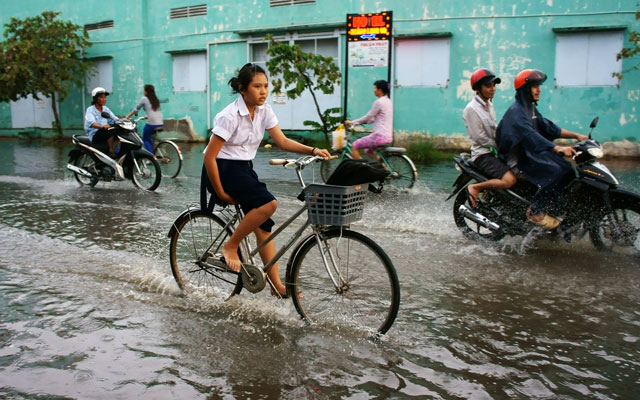Heightened security threats, civil unrest and geopolitical instability will be the top disruptors to the mobile workforce in 2020, according to an International SOS risks forecast for 2020.
The top 10 health and security risks for 2020 are risks borne from geopolitical shifts, mental health issues, physical health, cybercrime, climate change, infectious disease outbreaks from established and newly emerging pathogens, bleisure travel, millennials and Gen Z entering the workplace with different preferences, expectations and attitudes to risk; high-profile duty of care legal cases, as well as under-resourced and inexperienced start-ups and SMEs that will struggle to meet duty of care obligations.

Alongside these predictions, results from the Business Resilience Trends Watch survey, which polled over 1,300 business travel decision makers, reveal the top reasons business travel managers expect to change itineraries in 2020, as 51% believe that health and security risks increased in the past year and 47% anticipate risks will rise in the coming year.
The bigger risk identified was security threats (68% – up 23 percentage points on the past year), civil unrest (52% – up 14 percentage points on the past year); geopolitical unrest (52% – up 20 percentage points on the past year); and natural disasters (51% – up 15 percentage points on the past year).
Along with these top disruptors, organisations are predicting major increases in the likelihood of having to modify traveller itineraries due to factors like epidemics (31% – predicted to be up 19 percentage points compared with actual impact in 2018); infectious diseases (35% – predicted to be up 17 percentage points compared with actual impact in 2018); and detention and kidnapping (29% – predicted to be up 17 percentage points compared with actual impact in 2018).
Security Services’ CEO David Johnson said: “Instability, unpredictability, rapid change and escalation are the key characteristics of many incidents in our modern world. The workforce potentially faces security risks in areas, such as accommodation choices, previously thought of as safe. Established global organisations to unicorns, regulated or otherwise, need to have their eye on this to protect their human capital and build resilience within businesses. The need is only going to increase, as over 40% of the workforce head to being mobile in some way.”
Meanwhile, the report also notes that emerging traveller habits, both domestically and internationally, and diversification of the workforce are creating grey zones of risk. Employers are not aligning travel policies with new potential risk factors, and people are choosing not to act within policy if it restricts the use of their preferred mode of transport or accommodation, according to the report.
Surprisingly, less than a third of organisations include cyber security in their travel policies, the study also found, which “could potentially open organisations up to litigation and reputational damage if they are not adhering to their duty of care, as well as negative consequences for employees and business”.
The report’s findings are as such: just 11% included shared economy services in their travel policy, only 26% of organisations include considerations for female travellers in their travel policy, 31% cover cyber security; one in 10 (11%) include considerations for LGBTQ+ travellers, mental health issues are included in mere 15% of travel policies, considerations for travellers with disabilities are covered by only 12%, and bleisure travel was covered in 22% of policies.




















